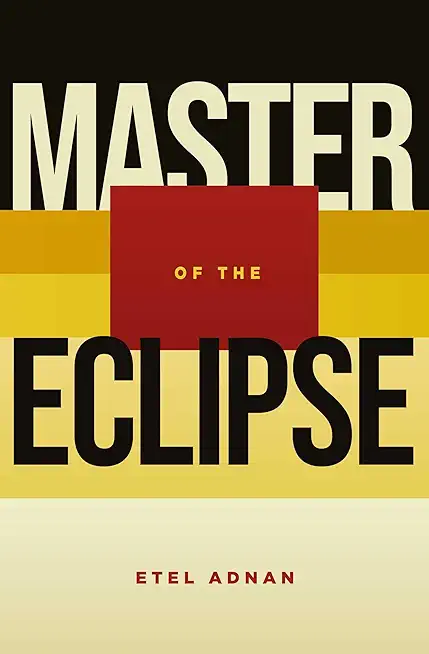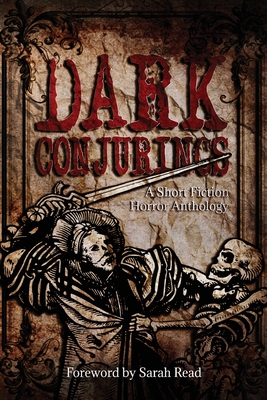
description
placement, love, loss, poetry and war, from the Lebanese poet and painter who has been called "arguably the most celebrated and accomplished Arab-American author writing today" (Melus). The stories in Master of the Eclipse are populated by filmmakers, poets, girls, professors, and prostitutes who live in Beirut, Paris, Sicily, California, Saddam's Iraq, and New York. The world of these stories is ours, with the same occupations and wars--a "world that would be a cemetery" were it not also a place where taxis are "yellow flowers floating down the avenues." From the collection's title story, a long meditation on history and war, power and poetry, to its concluding tale, a strangely quiet vision of a tree floating in a Damascus stream, Etel Adnan's painterly vision, her cosmopolitan flexibility, and her philosophical bent are on full display. This is a woman, after all, trained in philosophy at the Sorbonne, Harvard, and the University of California at Berkeley, who became a painter, and then a poet. Her voice comes to us as something the opposite of her title: She is a master of light and revelation, of language, variety, and color.
member goods
No member items were found under this heading.
Return Policy
All sales are final
Shipping
No special shipping considerations available.
Shipping fees determined at checkout.







